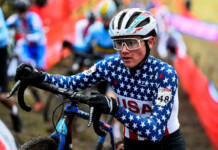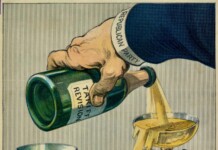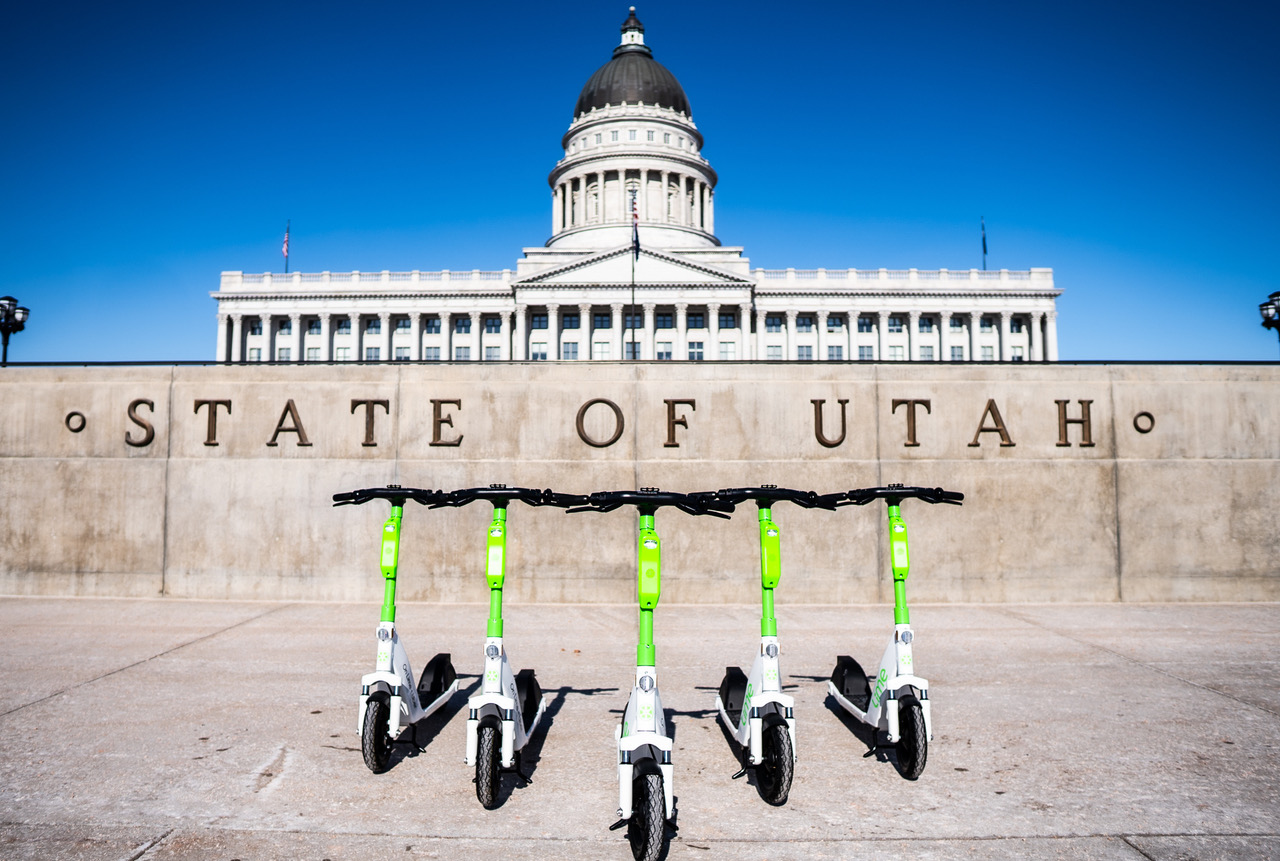By Charles Pekow
Study harder and improve your grade, they say at school. And that’s exactly what Boise State University (BSU) did. A year ago, it became one of the first institutions to win honors as a Bicycle Friendly University (BFU) in the League of American Bicyclists’ (LAB) latest addition to the Bicycle Friendly America program (which includes Bicycle Friendly Communities, Bicycle Friendly Businesses and Bicycle Friendly States).
Last year BSU scored bronze, the fourth highest ranking. It wasn’t satisfied and worked harder on improving the campus bicycle infrastructure. And this year, LAB moved it up a notch to silver.
LAB was impressed this year with the university’s upgrading of its 10-year-old Cycle Learning Center. The new building replaced a smaller one on the second floor of the campus recreation center – hardly the most convenient place to bring a cycle.
The new center contains tools anyone can use for free to fix a bicycle or they can pay for a mechanic’s work. The center also increased its safety and repair class offerings.
“We added a lot more bike lanes and sharrows (shared lane markings), created more places to park and ride and put in lots more bike racks,” says J.C. Porter, BSU assistant director of transportation. The school also added a second 75-slot bike barn (part of a garage reserved for bike parking that requires a key for registered users). Students pay $25 a year for a space – but the fee includes $36 of auto parking. “On snowy days you can drive if you don’t want to buy a full year permit for the car,” Porter explains.
BSU Transportation & Parking Services now employs two people promoting bicycling and it has taken over and coordinated all bike parking on campus – rather than let housing take care of the racks in dorms and security oversee others.
“They added some real cool biking corrals,” notes Bill Nesper, LAB vice president for programs, who visited campus for a bike Congress BSU conducted with bicycle advocates and local officials to plot improving the campus and city bike atmosphere. “They are really trying to be front and center, saying ‘we want folks to bike here.’”
Nesper says that the “campus is very centrally located so it has really great access to the city and because of the trail system there, (including the Boise River Greenway), students can not not only ride to housing quite easily but also to downtown, shopping areas and for recreation.”
BSU’s transportation hub and master plan impressed LAB, Nesper says.
So how can BSU climb even higher to LAB’s gold and platinum ranks? (So far, only three campuses, all in California, have achieved the top two metal medals.) Those campuses, Porter says, are spread out with miles upon miles of bike lanes. LAB found gaps in BSU’s bike lane network. BSU is working on a plan to fill the gaps but “that will take time and money,” Porter says.
“We think they need to work a little more closely with law enforcement to make sure the campus public safety office is fully tied into the bicycling program there,” Nesper suggests. He also says “creating a bike map for students would be really big.”
“I was hoping to get gold this time around but I do understand we have some limitations,” Porter acknowledges.
LAB has awarded BFU status to 35 institutions plus 10 more honorable mentions. But Nesper says it has never gotten an application from Utah nor any others from Idaho.
But not for long. “We are currently filling out the application. We are 75-80 percent done,” says Chad Larsen, manager of shuttles at the University of Utah Commuter Services in Salt Lake City, who is heading up a campus bicycle subcommittee. He plans to complete the application this summer in time for the fall BFU designations.
The school plans to tout its new bicycle master plan and the four do-it-yourself repair stations it has located around campus, Larsen says. Two more such stations are in the works. The school now operates a bike shop with limited hours and volunteer labor. It is seeking funding to expand and professionalize it, Larsen says.








